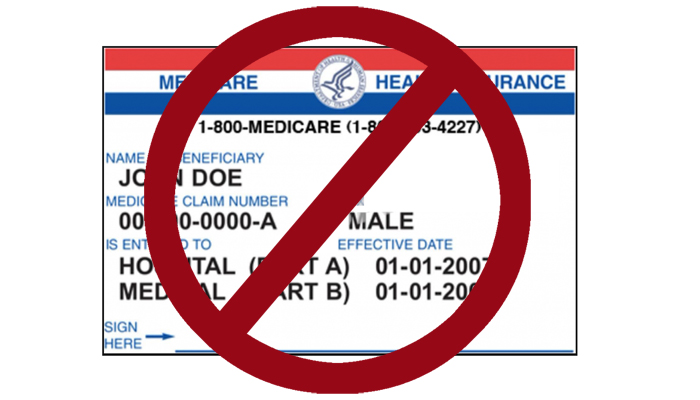
Watch for symptoms of the flu. They include fever, body aches, chills, sore throat, headache, runny nose, cough, and fatigue. Why the flu shot is important. Influenza (flu) is a highly contagious illness caused by viruses. People over age 65 are most at risk of having severe complications. Older adults represent up to 90% of…










